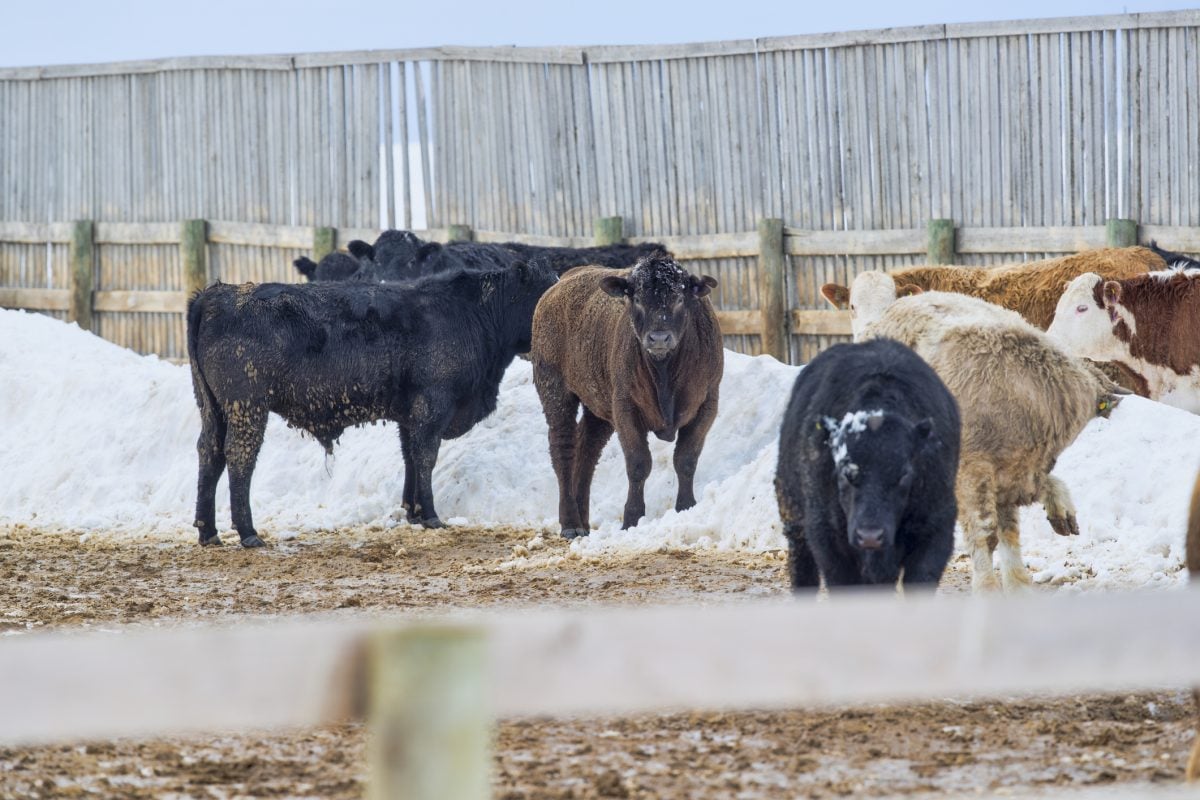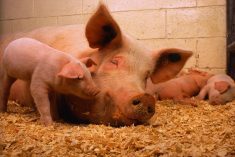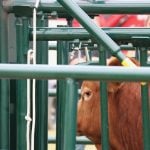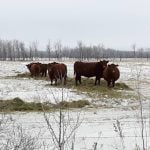Toronto | Reuters — Canada’s bestiality law only bans sexual acts that involve penetration, the country’s Supreme Court ruled on Thursday, a blow to advocacy groups who argued animals should be afforded the same protection from exploitation that humans are given.
Supreme Court judges ruled 6-1 in favour of a man from British Columbia convicted for sexual assault and bestiality after he involved the family dog in the abuse of his two stepdaughters.
The man, known only by the initials “D.L.W.” to protect his stepdaughters’ identity, successfully appealed his bestiality conviction in a provincial court, arguing that according to the law, the offense of bestiality requires penetration, which his actions did not involve.
Read Also

Klassen: Feeder cattle market starts 2026 with stronger tone
For the week ending January 10, Western Canadian feeder cattle markets were up $8-$10/cwt on average compared to three weeks…
Justice Thomas Cromwell, writing for all concurring judges, said in the decision that penetration has always been required to secure bestiality convictions and courts do not have the power to rule otherwise.
“Any expansion of criminal liability for this offense is within Parliament’s exclusive domain,” he wrote.
Justice Rosalie Silberman Abella, the lone dissenter, wrote bestiality is ambiguous under the law, which she says intends for all animal sex acts to be illegal.
An animal protection bill that in part seeks to define bestiality as all interspecies sexual activity is before Parliament. The private member’s bill, C-246, is still in its early stages.
The Canadian Veterinary Medical Association, in a recent letter of support for C-246, noted it “give(s) assurances to hunters, farmers, fishermen and researchers that all existing legal justifications and excuses continue to apply so that traditionally accepted practices are not endangered.”
Camille Labchuk, executive director of the Animal Justice group, an animal rights group which was allowed to intervene in the case, urged Parliament to pass the legislation quickly.
“People who sexually abuse animals are sometimes linked to sexually abusing children as well, as the accused did in this case,” she said. “That’s a really good reason Parliament needs to act.”
D.L.W. was originally convicted of 13 offenses involving his stepdaughters, including one charge of bestiality, and is currently serving a 16-year prison sentence.
At the initial trial, the judge interpreted “bestiality” as “touching between a person and an animal for a person’s sexual purpose.”
A later Court of Appeal ruling found the term’s long-held meaning in common law “included penetration as one of its essential elements.”
Later legislative history, the top court said, “show(ed) no intent to depart from the well‑understood legal meaning of the term.”
Cromwell noted “it does not follow that all sexually exploitative acts with animals that do not involve penetration are perfectly legal,” citing other Criminal Code provisions “which may serve to protect children and others from sexual activity with an animal.”
— Ethan Lou is a Reuters reporter in Toronto. Includes files from AGCanada.com Network staff.














